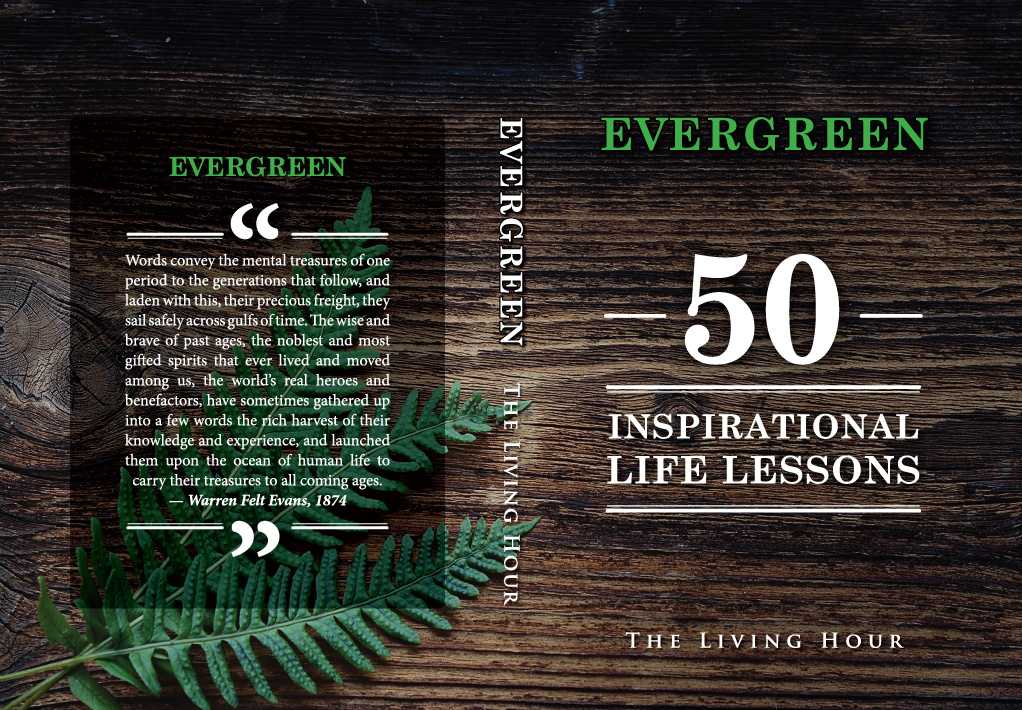16 Aug Good Manners & The Power of Courtesy | Inspirational Podcast
Podcast Transcript: Welcome to the Inspirational Living podcast, brought to you today by Ettitude, makers of fine organic bed sheets and duvet covers. Try out their silky soft bamboo lyocell bedding for 100 days risk free. Get 10% off your purchase by using the special coupon code: inspiration. Visit them online at Ettitude.com. That’s ETT-IT-UDE.com. Discover what it feels like to sleep on a cloud.
Today’s podcast was edited and adapted from How to be Happy Though Civil by E.J. Hardy, published in 1909.
How seldom does one see the well-rounded man, the well-rounded woman, what the ancient Greeks called the harmonious one — that is, someone developed equally in all parts of their nature. In our modern age, one of the areas most often overlooked is that of good manners.
We should always remember that the WAY in which things are done is often more important than the things themselves. A beautiful behavior is better than a beautiful form; it gives a higher pleasure than statues and pictures. It is the finest of fine arts. If you are a musician or a painter, you cannot exhibit your accomplishments in all places and at all times. You cannot well strike up a song from Evita on a flight to Chicago, or exhibit your paintings in a cemetery; but where is the place that you cannot show good manners?
Genius, if allied to an unpleasant personality, starves in garrets—while agreeable mediocrity has golden opportunities thrown in its way. Faults of manner are faults which the world has agreed to condemn; they have been the ruin of fine abilities and of great careers.
It is a pity, but we must remember that of the people who see us, the majority only see us for perhaps half an hour in their lives, and they judge us by what they see in that half-hour. The great statesman Edmund Burke once said, “Manners are of more importance than laws. Upon them, in a great measure, the laws depend. The law touches us but here and there, now and then. Manners are what vex or soothe, corrupt or purify, exalt or debase, barbarize or refine us, by a constant, steady, uniform, unconscious operation, like that of the air we breathe in. They give their whole form and color to our lives. According to their quality, they aid morals, they supply them, or they totally destroy them.”
And yet manners are not, especially in this day and age, appreciated as much as they ought to be. Many successful business people are proud and independent, and they fancy that it would take something from their dignity if they were to be polite. We can see them swagger about restaurants and hotels as if the whole world belonged to them. Success, assured of itself, and reinforced by physical vigor, scorns to employ a humble but suave demeanor for fear of seeming to concede a particle of its power.
Another thing that prevents the little morals that oil the wheels of society from being properly appreciated is the fact that good manners are frequently confounded with a rather foolish thing called etiquette. The words “etiquette” and “ticket” have the same origin. Formerly, the rules and ceremonies to be observed at a Royal Court were printed on a ticket and given to every person attending a Royal function. The rules of etiquette are thus not founded upon common-sense, and they change with the weather-cock of fashion in every age and country.
Not so good manners. These are always the same, for they are the expression of a kind heart and an un-selfish nature. The postures and impostures of etiquette are only the toys by which idle people amuse themselves in (quote) “society,” but manners are not idle. They are “the fruit of a noble nature and of a loyal mind.”
Read The Entire Essay in Evergreen: 50 Inspirational Life Lessons

